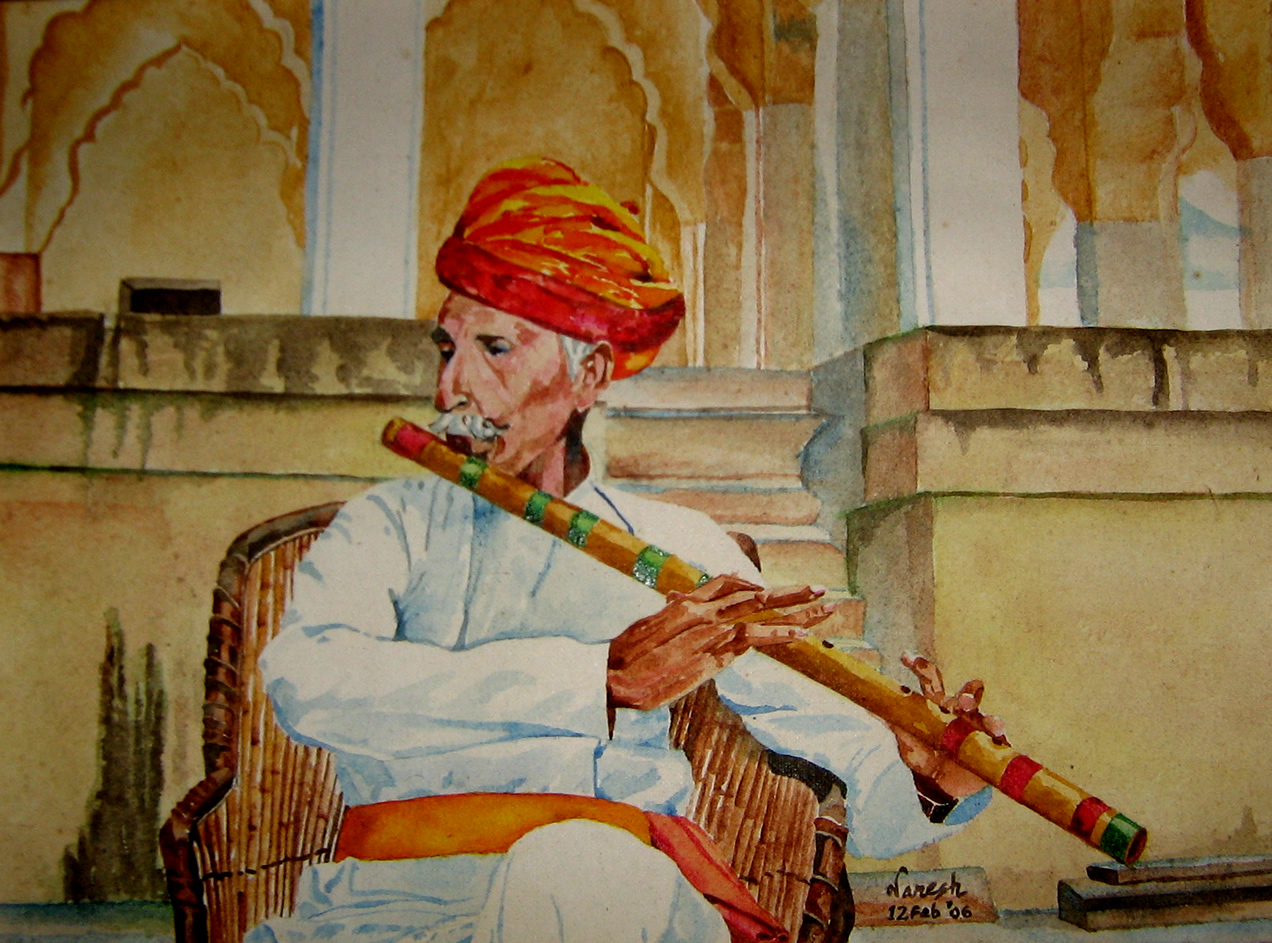Whenever someone says something hurtful, insensitive or something you don’t want to hear, remember:
1) You are not a fig-leaf that can be blown away by the words of anyone
2) You are giving the person TOO MUCH importance by thinking about and being affected by the negative words
3) Separate the words from the person – discard the words (if they are not constructive) and love the person
4) Don’t see intention behind the words
5) Say ‘I forgive you for the words’ and give a mental hug to the person who’s said words you don’t like
6) Listen to the song in the video below 😀
शब्दों के जंगल में तू क्यों फंसा है रे Shabdon ke jungle mein tu kyon phansa hai re
Why are you entangled in the jungle of words?
परब्रह्म के रस से तेरा नस नस रमा है रे Parbrahm ke ras se tera nas nas rama hai re
The nectar of God flows through each vein of yours => there is God in you
आनंद तू ही, परमानन्द तू ही Anand tu hi, Parmanand tu hi
You are happiness and bliss; you are the creator of the supreme bliss
ॐ में खो कर, ॐ में रम कर, ॐ में मिलना है Om mein kho kar, Om mein ram kar, Om mein milna hai
We are to get lost in Om, to blend in Om, to to be one with Om
शब्दों के जंगल में तू क्यों फंसा है रे Shabdon ke jungle mein tu kyon phansa hai re
Why are you entangled in the jungle of words?
परब्रह्म के रस से तेरा नस नस रमा है रे Parbrahm ke ras se tera nas nas rama hai re
The nectar of God flows through each vein of yours => there is God in you
मान अपमान होता कहाँ रे Maan apmaan hota kahan re
What is respect and insult after all?
ये तो है शब्दों की पकड़ Ye to hai shabdon ki pakad
This is just play with words
भले बुरे शब्द तुझे हिला दे Bhale bure shabd tujhe hila de
For good and bad words to shake you
इतना तू नहीं है कमज़ोर Itna tu nahin hai kamzor
You are not that weak
ॐ में खो कर, ॐ में रम कर, ॐ में मिलना है Om mein kho kar, Om mein ram kar, Om mein milna hai
We are to get lost in Om, to blend in Om, to to be one with Om
शब्दों के जंगल में तू क्यों फंसा है रे Shabdon ke jungle mein tu kyon phansa hai re
Why are you entangled in the jungle of words?
परब्रह्म के रस से तेरा नस नस रमा है रे Parbrahm ke ras se tera nas nas rama hai re
The nectar of God flows through each vein of yours => there is God in you

